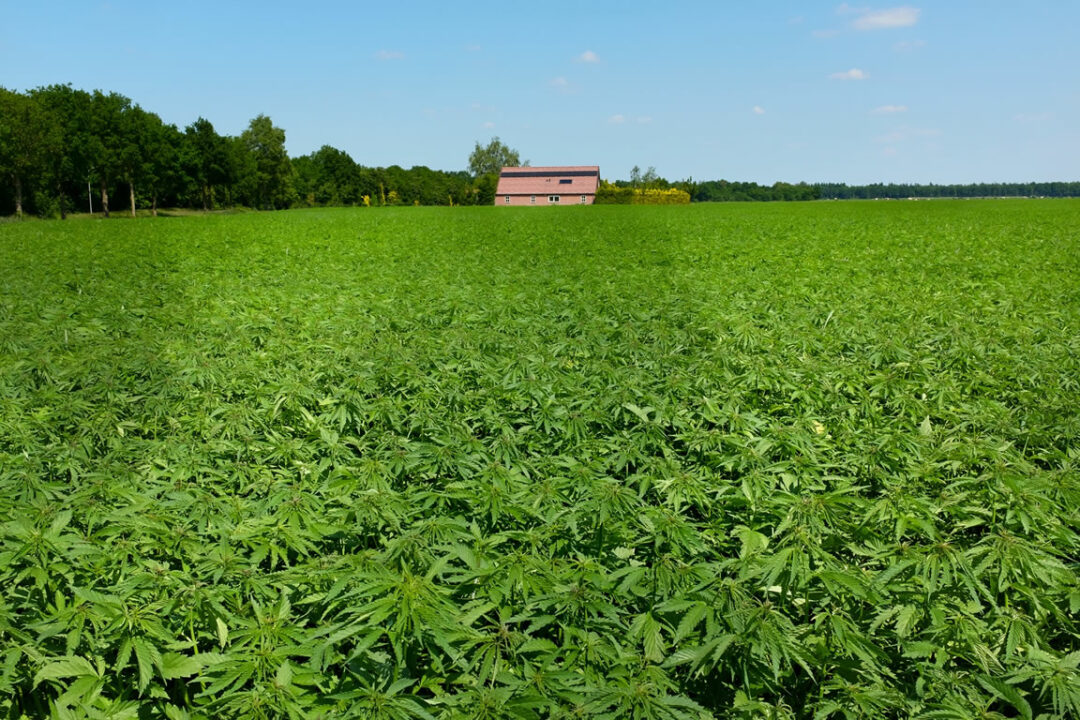The Agencyannouncedthat Hemp seeds can be imported into the country from Canada if accompanied by either:
- a phytosanitary certification from Canada’s national plant protection organization to verify the origin of the seed and confirm that no plant pests are detected; or
- a Federal Seed Analysis Certificate (SAC, PPQ Form 925) for hemp seeds grown in Canada.
The USDA also noted that hemp seed shipments may be inspected upon arrival at the first port of entry by Customs and Border Protection (CBP) to ensure USDA regulations are met, including certification and freedom from plant pests.
"This solution comes none too soon, but it does come just in time for Vermont farmers who plan to grow hemp this season,” said Senator Patrick Leahy (D-Vermont), in a press release.
The USDA's action comes after a weeks-long effort from Senator Leahy and Senator Jon Tester (D-Montana), who pushed the USDA and U.S. Customs and Border Protection (CBP) to allow producers in Vermont, Montana and other states to import hemp seeds from Canada in time for spring planting, according to the release from Senator Leahy's office.
"This is a commonsense solution to an avoidable problem," Senator Tester said in apress releaseissued by his office. "The clock is ticking and farmers need to purchase these seeds immediately. This is welcome news to the growing number of Montana farmers who plan to grow hemp this season."
Vote Hemppraised the action. "We want to thank Senator Leahy and Senator Tester for their efforts to find a quick solution to this problem as many in the hemp industry finalize their plans to plant for the 2019 season," said Eric Steenstra, president of Vote Hemp, a grassroots nonprofit organization working to bring back hemp farming in the U.S.
Anyone with questions or requests for information regarding hemp can contact the Agency atfarmbill.hemp@usda.gov. More from the USDA on commercial hemp production can be foundhere.
This story may be updated with additional comments.










